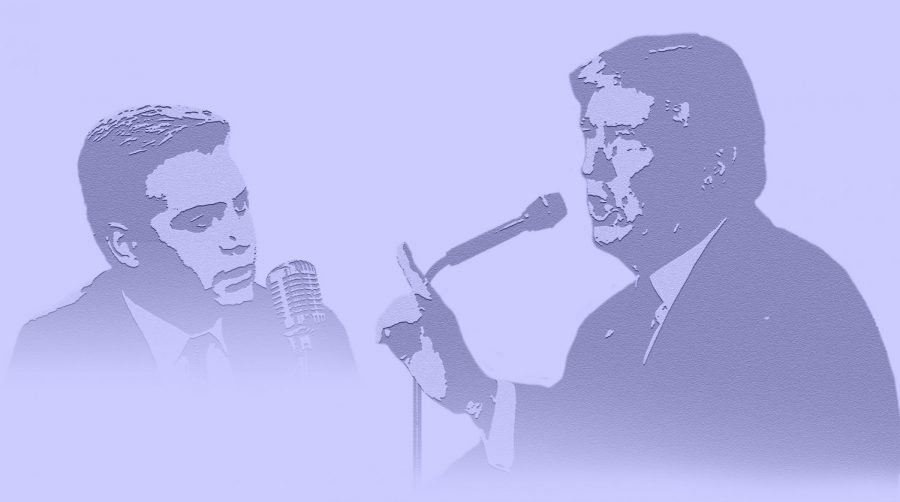Acosta’s Actions an example of ‘What Not To Do’ when doing good Journalism
November 21, 2018
Recent weeks have seen President Donald Trump engage in another public battle with the media. The White House revoked CNN reporter Jim Acosta’s press pass after he and the president faced off in a heated exchange during a press conference.
Taking away Acosta’s White House credentials was uncalled for, as federal Judge Timothy J. Kelly reiterated when he ordered the White House to restore them days after a lawsuit was filed by the cable news network. But even so, Acosta’s behavior was in direct conflict with appropriate journalistic standards.
The confrontation saw Acosta vehemently criticize Trump’s negative stance on the migrants traveling towards the U.S southern border and Trump call Acosta a “rude” and “terrible” person who CNN should be “ashamed” of.
It’s understandable that Acosta, CNN’s chief White House correspondent, would have a strained relationship with the Trump Administration. Throughout his presidency, Trump has made no secret of his disdain towards the press, denouncing much of the news media as “fake news” on numerous occasions and even going as far as to call the media “the enemy of the American people.”
Still, Acosta let go of his journalistic integrity the minute he started making judgments about Trump’s statements. It’s a journalist’s job to ask questions and craft a story based solely on their subject’s responses. Acosta’s insistence on inserting his opinion that the migrants approaching the border should not be classified as an invasion not only revealed his biases but ensured he was never given the answers he initially sought.
His constant badgering took the attention away from what he initially asked about. The “press pass controversy” turned into the news of the moment, casting a shadow on the issue of America’s immigration policies, which Acosta asked about in the first place.
His actions also allowed Trump to turn the narrative into the press’ “unfair” treatment towards him. He gave the president the perfect opportunity to perpetuate his negative rhetoric of the media, something all reporters should be mindful of avoiding.
These kinds of occurrences can serve to legitimize Trump’s barrage against the media, something that could have been very dangerous to all media outlets in America. If the Trump administration had gotten away with revoking Acosta’s pass, this situation could have been the beginning of an unprecedented onslaught on freedom of the press in this country.
We all have an innate urge to defend what we think is right, and journalists are no different. But what Acosta started was a risk reporters cannot afford to take. Especially in a society in which the most influential and powerful individuals don’t feel they even need an excuse to vilify the media, giving them one could prove detrimental.
Simply put, Acosta’s behavior was bad journalism. He created a controversy where there was no need for one and inadvertently added fuel to the “crooked media” fire. He made himself the story instead of allowing the president’s responses to speak for themselves, a cardinal sin within the profession.


















